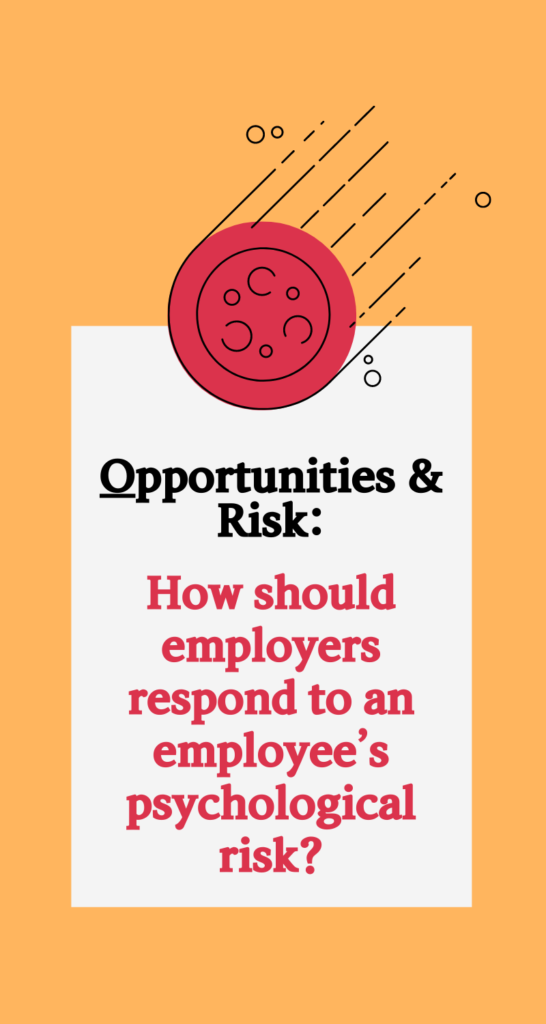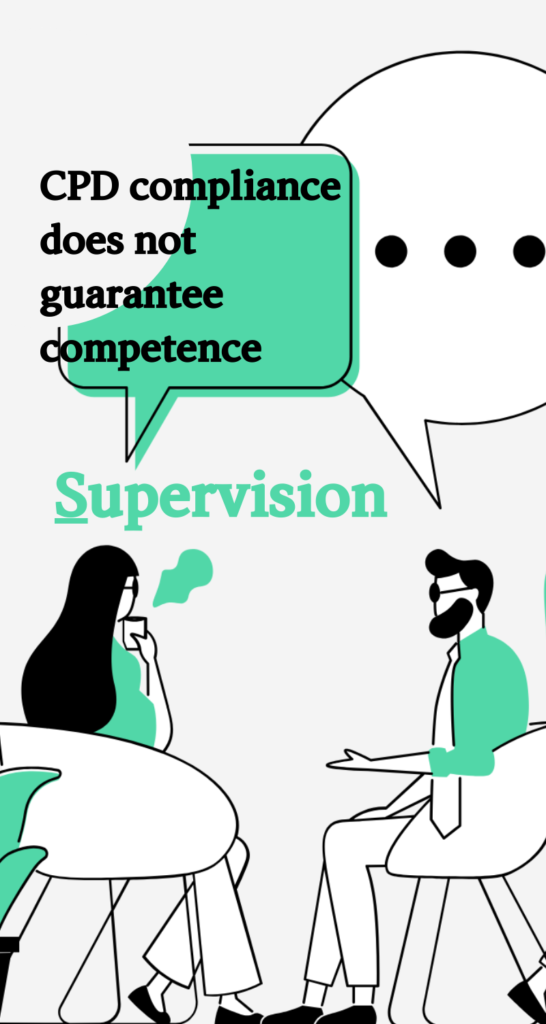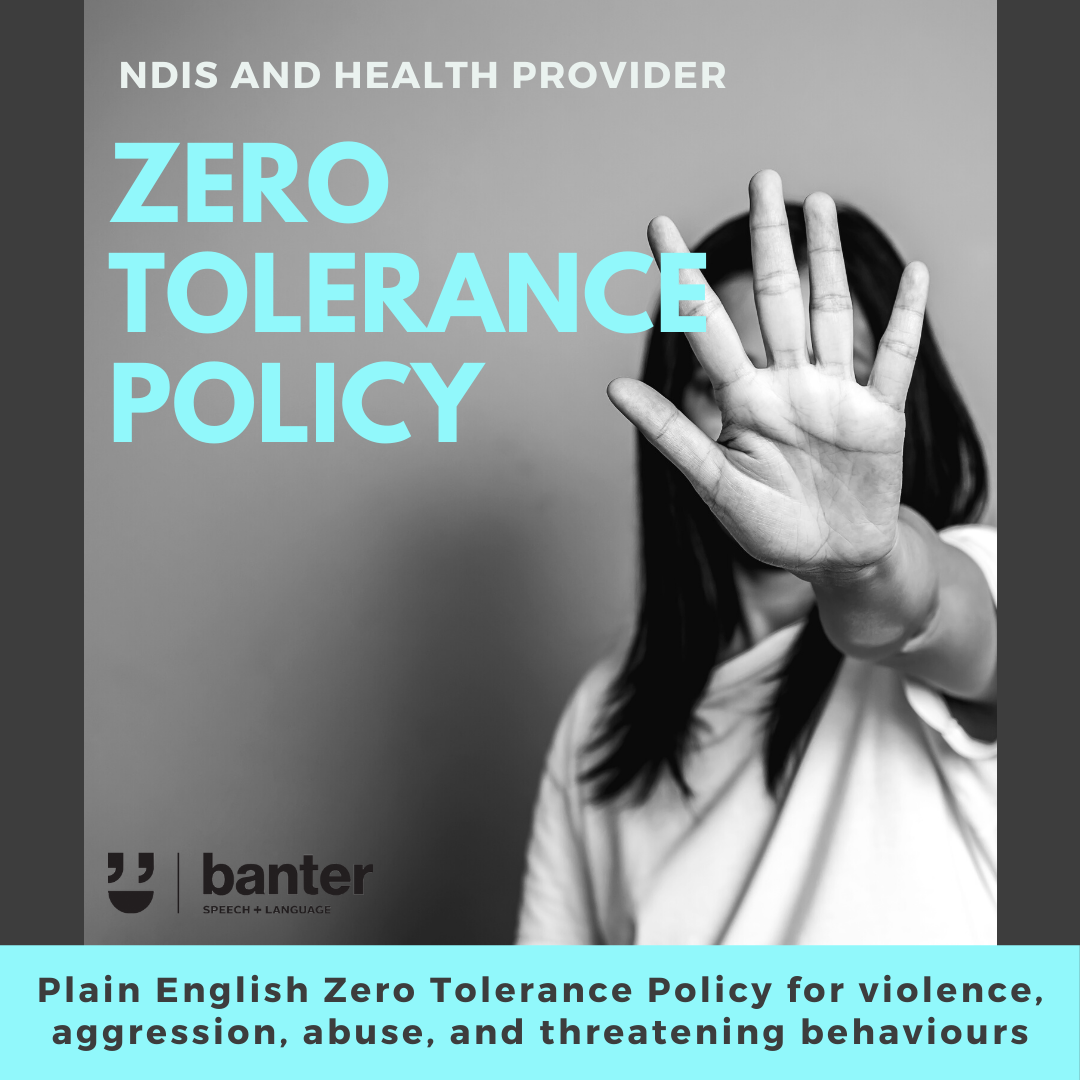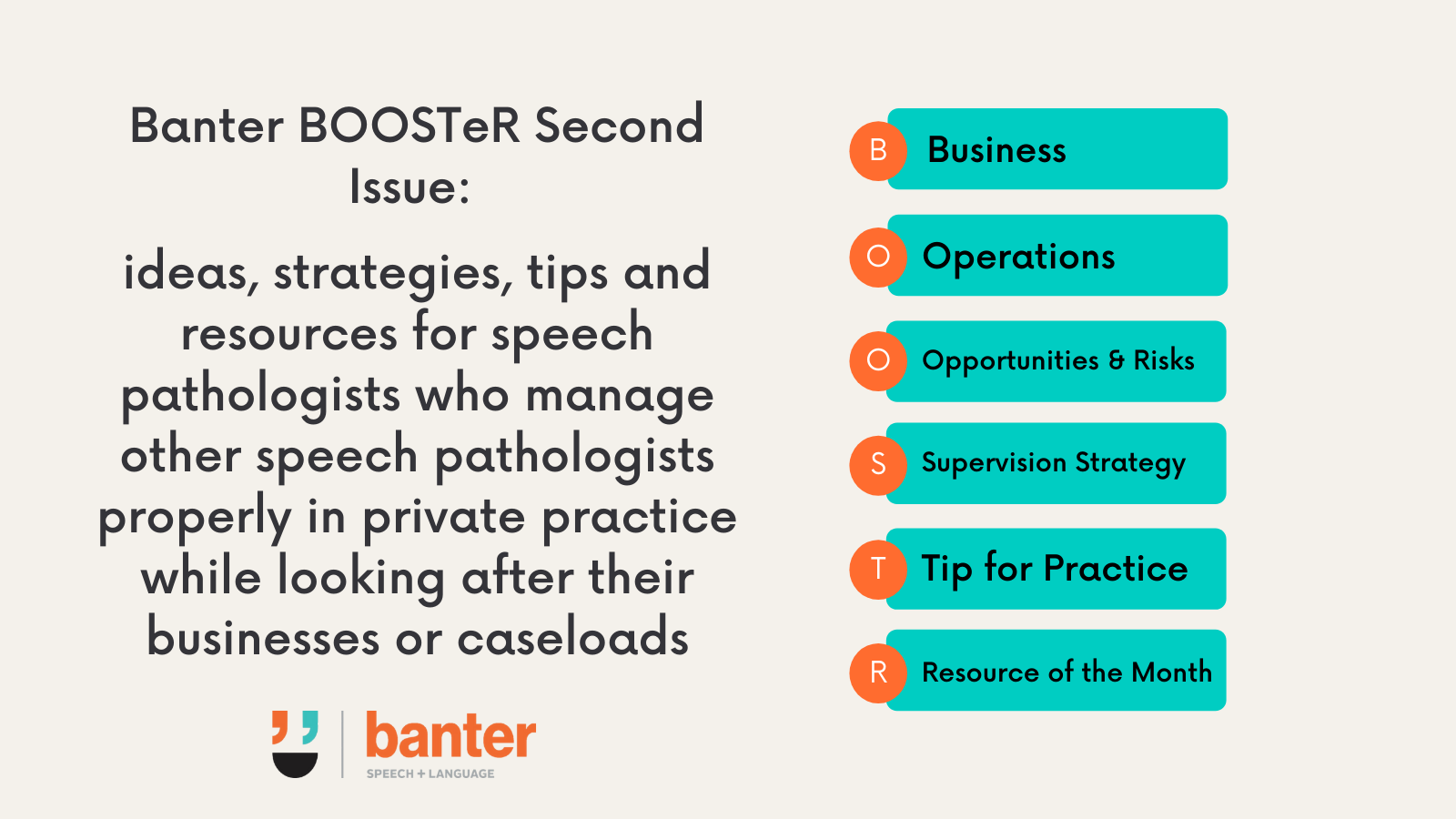Banter BOOSTeR Issue 2: ideas, strategies, tips and resources for speech pathologists who manage other speech pathologists properly in private practice
Managing speech pathologists in private practice properly is hard work. Do you need a BOOST?
- An increase or improvement in your practice?
- A source of help or encouragement?
- A gentle “push” from a colleague?
Do you want to:
- increase your skills in degree, amount, size or value?
- feel more vigor, life, energy, or spirit?
- make things better in your workplace?
- work in an organised and active way towards your goals?
Welcome to the second issue of Banter BOOSTeR. It’s a free, short, newsletter by David Kinnane from Banter Speech & Language for time-poor speech pathologists who have the tough job of managing other speech pathologists properly in private practice while looking after their businesses or caseloads.
BOOSTeR stands for:

In this month’s BOOSTeR, we share ideas and tools to:
- deal with unpredictable business conditions;
- improve your systems – even when you think your existing practices are OK;
- manage your employees’ psychological safety;
- think beyond CPD when evaluating your systems to ensure staff are competent; and
- establish a Zero Tolerance Policy for aggressive or threatening behaviours in your workplace.
We’re focused on giving you quick, practical tips and resources from different disciplines that you can use to improve your skills and to manage speech pathologists properly in private practice.
Let’s go!
Business: Dealing with unpredictable business conditions

We’re living in a world beset by volatility, uncertainty, complexity and ambiguity, known as VUCA for short. But, in private practice, we need to make decisions in the real world, even when the future is unknown.
We’re not alone. In this article – 6 Ways to Weather Unpredictable Business Futures, Raju Vegesna provides 6 tips to help us weather unpredictable conditions, including flexible workplace planning, investing in new technology, using cloud-based technology solutions, digitising resources and processes, automating some customer service, IT, marketing and accounting tasks and processes and upgrading digital security and privacy procedures and systems.
Operations: Why it’s not good enough to say “that’s just the way we’ve always done things”

When circumstances change, we should be open to changing our systems and processes. We want to avoid intervention bias – changing things for the sake of change with no improvement in client or staff outcomes. But, all too often, confirmation and desirability biases blind us to good ideas, even when reality is staring us in the face.
The take home message from this provocative article When ‘That’s the Way We’ve Always Done It’ Doesn’t Cut It Any More by Jill Switzer is that “our knowledge can blind us to what we don’t know” and we need to be prepared to review and change our practices as conditions change.
Opportunities & Risks: How should employers respond to an employee’s psychological risk

Employers have a duty to provide a safe workplace for their staff. But it can be hard to identify concrete steps we can take to support employees’ psychological safety at work.
In this very practical case summary – How should employers respond to psychological risk?, lawyers Courtney Logue and Melanie Jasper of Allens Linklaters review a recent Victorian case.
They recommend that employers should:
- monitor employee behaviour to identify signs of stress;
- support a flexible workplace;
- investigate and respond to complaints made by employees about their duties and stress levels;
- monitor interactions between employees and clients;
- investigate complaints about employee behaviour;
- enforce strict start and finish times for employees,
- encourage regular breaks;
- monitor overtime and reallocate workloads where appropriate; and
- communicate clearly how performance-based bonuses are calculated.
Supervision: CPD compliance does not guarantee competence – what supervisors can do to improve the competence of employed speech pathologists

Continuous Professional Development (CPD) plays an important role in maintaining the ongoing competence of employed speech pathologists. But it’s not enough on its own to ensure speech pathologists actually know what they are doing – especially early careerists.
So what should we be doing outside of CPD initiatives to support our employees to be competent?
Lawyers and the law profession have been grappling with similar questions for a long time. Consultants Hook Tangaza have published a report for the Legal Services Board for England and Wales looking at international approaches to improving competence. Key ideas include annual competency assessments, oral case-based tests reviewed by trained seniors, complaint-triggered ad hoc training and supervision interventions to address competency concerns, structured self-reflections, and mandatory targeted CPD on new and important issues affecting the profession.
Ultimately, employers are responsible for establishing systems and practices to ensure clients receive competent care. Regular core, functional and leadership competency reviews, weekly supervision, targeted training on areas of strategic importance to the practice, and regular self-reflection are all important parts of improving staff competence. For more detail on how to implement better systems – including editable templates and practical clinic resources to improve your supervision, check out our How to Supervise Speech Pathologists Properly in Private Practice.
Tip for practice: Perfectionism is not your friend!

Many speech pathologists have perfectionistic tendencies. In small doses, perfectionism can be adaptive. But, if not managed, perfectionism can be maladaptive and lead to procrastination, anxiety, depression, and burn out.
In this Twitter thread, we summarise some key themes highlighted by Kristiina Bedford, psychologist, in a talk she recently gave to lawyers about identifying and managing perfectionism in the workplace. Check out Kristiina’s “Procrastination Cycle” at the end of the thread.
Resource of the month: Zero Tolerance Policy

We all do our best to help people who need our support and services. We work for and with people, often intensely, and in difficult and sometimes emotionally-charged situations.
As speech pathologists, it’s our job to ensure everyone in our workplace remains safe. Part of any risk management approach to workplace safety is a clear statement of zero tolerance from management for any violent, aggressive, abusive, or threatening behaviour.
In our Plain English Zero Tolerance Policy template, we signal to clients and others that staff and others in the workplace should always be treated with respect and dignity, and that violent, aggressive, abusive, and threatening behaviours are never OK. We’ve also included an A4 poster, which can be put up behind reception desks and other areas in which client discussions are regularly held.
Consider yourself boosted!
If you found BOOSTeR useful, please sign up below to receive it each month, or help us spread the word by sharing it with a colleague or on social media!

Hi there, I’m David Kinnane.
Principal Speech Pathologist, Banter Speech & Language
Our talented team of certified practising speech pathologists provide unhurried, personalised and evidence-based speech pathology care to children and adults in the Inner West of Sydney and beyond, both in our clinic and via telehealth.








